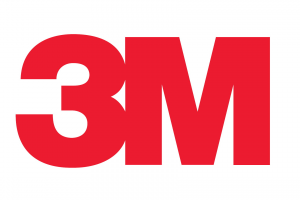Wage growth decelerated in line with weaker activity in 3Q
5.12.2017Company: Amcham
Wage dynamics eased in the third quarter of the year in line with the deceleration of the economy in the summer months. Nevertheless, the dynamics of employee compensation remains sound. Moreover, we see more robust activity in the last quarter of the year, which should be accompanied by an acceleration of wage growth. Additionally, the public sector plans a double-digit increase in the salaries of public servants next year, experts from Komercni bank say.
The stretched situation on the labour market has a crucial impact on wage growth. The unemployment rate prints new lows, and the statistics of vacancies rewrite their historic highs. Moreover, the economy is in a period of robust growth and thus creates more space to increase employee compensation. On the other hand, it is clear that recent wage dynamics are not sustainable in the long term. Wage growth currently surpasses productivity gains. Businesses thus have to tap their profit margins to retain employees. There is still room in the retail margins, but that will fill up and wage growth will have to correspond with productivity increases. Productivity improvements are a long-term process. In the short term, businesses will compensate their costs by raising prices. Yoy inflation already reached 2.9% in October. Wage pressures on inflation will remain in the economy, and the CNB will have to respond with monetary policy tightening. By the end of next year, we expect the central bank will hike four times. However, we expect no more hikes this year, though our call for the December meeting is a close one. The last CNB forecast does not point to a hike. GDP growth and inflation are so far fully in line with this forecast. Wages have even fallen behind it. The only remaining pro-inflationary factor is the exchange rate. Some board members might be convinced by a weaker koruna to increase the rates, but the majority will wait for February’s meeting, in our view. Governor Rusnok estimated the probability of a December rate hike at 50%. On the other hand, he also said he does not see much difference between a hike in December and February.
The shortage of a labour force and rapid wage growth will induce more investment. Businesses will try to replace some of the work force with machinery in order to improve productivity. This should ensure stronger economic growth in the long term and room for stable wage growth and thus improve the standard of living.
The public sector will press for higher wages next year as it plans to increase the salaries of public servants by a double-digit percentage. Wage growth is thus set to continue next year and should print 6.5%; the average wage should break the CZK30,000 level. In real terms, wages should add 4.2%, Komercni banka says.
Tags: Economics | Finance |







